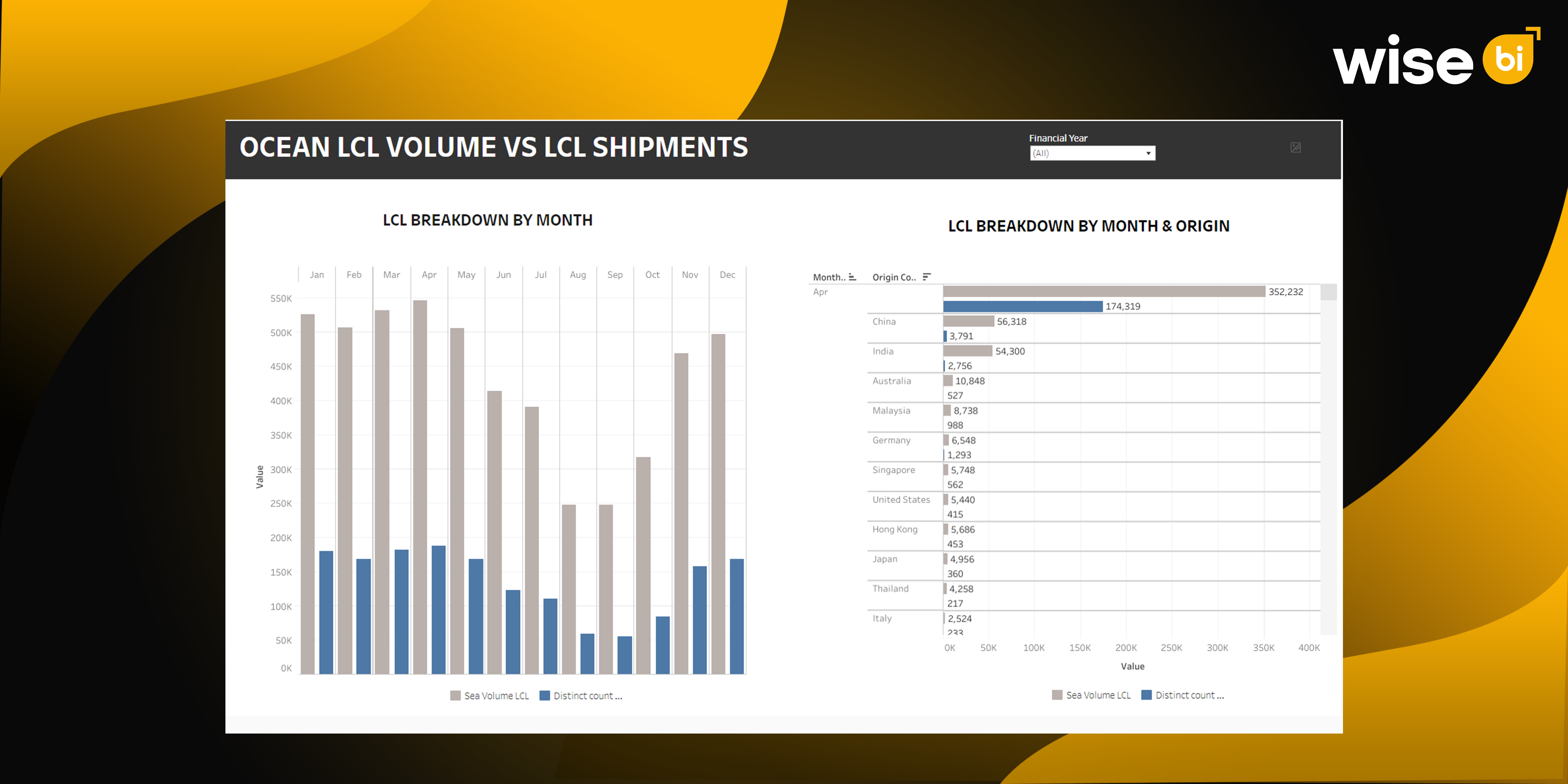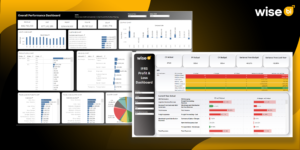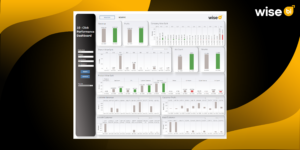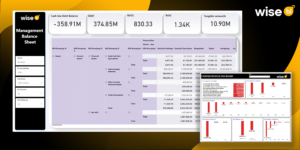Did you know that the reports say that approximately 2.5 quintillion bytes of data are created daily? That equates to an incredible 2.5 billion gigabytes!
During this data explosion, organizations are increasingly resorting to data curation to make sense of the massive amounts of information available to them.
Within the field of Business Intelligence (BI), data curation is essential to an organization’s ability to use data to make sound choices and obtain a competitive advantage in the marketplace. Let’s look further in this blog in detail how the data is being curated.
Understanding Data Curation
Data curation is the process of systematically gathering, organizing, and maintaining data to assure its accuracy, relevance, and dependability for analysis and decision-making. Data curation differs from standard data management in that it transforms raw data into curated datasets that can be optimized for BI applications.
Features of Data Curation in BI
Data Quality Enhancement
Data curation is necessary to improve the quality of data utilized in Business Intelligence (BI) systems. This procedure involves discovering and correcting errors, inconsistencies, and repetitions found in raw data. Organizations may ensure that their BI systems run on accurate, trustworthy, and consistent data by performing extensive data curation, normalization, and enrichment operations. Improved data quality leads to more precise insights and better decision-making.
Data Governance and Compliance
Data governance and compliance have become essential in the business intelligence sector. To make sure that businesses follow industry norms and legal obligations for data usage and privacy, data curation is essential. Organizations can provide clear guidelines for data collection, storage, access, and utilization by implementing strong data governance policies and processes. This increases data quality and trustworthiness, building confidence in stakeholders and reducing the chance of regulatory violations.
Scalable and Flexible Architecture
Data curation platforms are built to ensure that they are scalable and flexible. Organizations need to have a framework for adaptability to deal with changing requirements and holding the rising amount of complex data. They provide flexible architectures that are capable of dealing with the storing, processing, and analysing of big data with high performance. Moreover, these platforms are customizable in terms of data sources, formats, and integration, enabling an organization to consume value from a variety of data sources.
Real-time Monitoring and Reporting:
Real-time data monitoring and reporting are key features of data curation platforms in BI and are highly beneficial. These platforms help organizations measure their implementation status in real time, collecting information on data quality metrics and performance indicators that they can use to assess the health and reliability of their data assets. The use of real-time monitoring and reporting features makes it possible for enterprises to identify data issues, anomalies, and trends immediately, thereby allowing intervention and decision-making processes to be carried out in real-time.
The Important Role of Data Curation
Enhanced Data Quality
Data pre-processing is an integral part of ensuring the accuracy of data used in BI tools. Curation of data is one of the techniques that organizations apply to make sure that the right, comprehensive, and timely information drives their BI platforms. This implies a comprehensive procedure of data cleansing, normalization, and enrichment to harmonize errors, inconsistencies, and duplicates in raw data sources. In general, business leaders have the assurance of accurate data for well-thought-out decision-making and strategic planning.
Compliance and Trust
More curated datasets are characterized as being more reliable and trustworthy, and this is very important if we are to comply with regulatory guidelines and to engender trust among our stakeholders. Data curation involves organizations following data governance regulations in terms of data security, privacy, and usage within their respective industry. Through strong data governance policies and practices, entities may achieve transparency and accountability in their data management system.
Scalable Efficiency
Through data curation, you can speed up data analysis and interpretation and thereby allow BI to work at a large scale. Through data management, organizations can structure, organize, and optimize their datasets for the analysis process, thus making it quicker and quality-oriented to identify insights. This starts playing a bigger role as the dimension of data is growing on an exponential scale. Engaged with targeted datasets, businesses are capable of using more advanced analytics techniques and tools to extract valuable insights in a short time; the result is that those who make decisions can act quickly toward business needs and market fluctuations.
Benefits of Data Curation
- Improved Decision-Making: Data-as-a-Service encourages businesses to keep informed about timely and relevant events, giving decision-making stakeholders confidence in data-driven decisions.
- Enhanced Operational Efficiency: By ensuring data integrity, data curation can reduce the chance of errors and costly operations in businesses.
- Competitive Advantage: Businesses that place a higher value on data curation get a competitive advantage by utilizing data sets prepared in this manner to gain a market advantage, decrease risk, and develop more effectively.
Conclusion
Data curation service is an essential requirement in the dynamics of modern business intelligence (BI) for firms to use their data for strategic and intelligent decision-making. Organizations ensure that the data they collect, organize, and manage is accurate, significant, and dependable for analysis and future decision-making. Platforms for data curation include capabilities including enhanced data quality, governance, scalability, and real-time monitoring, which enable businesses to quickly and confidently extract valuable information from their data.
Want to increase the quality of your data? Being in touch with Wise BI’s data curation creates the framework for successful BI initiatives, resulting in improved decision-making, operational efficiency, and well-expected outcomes.




